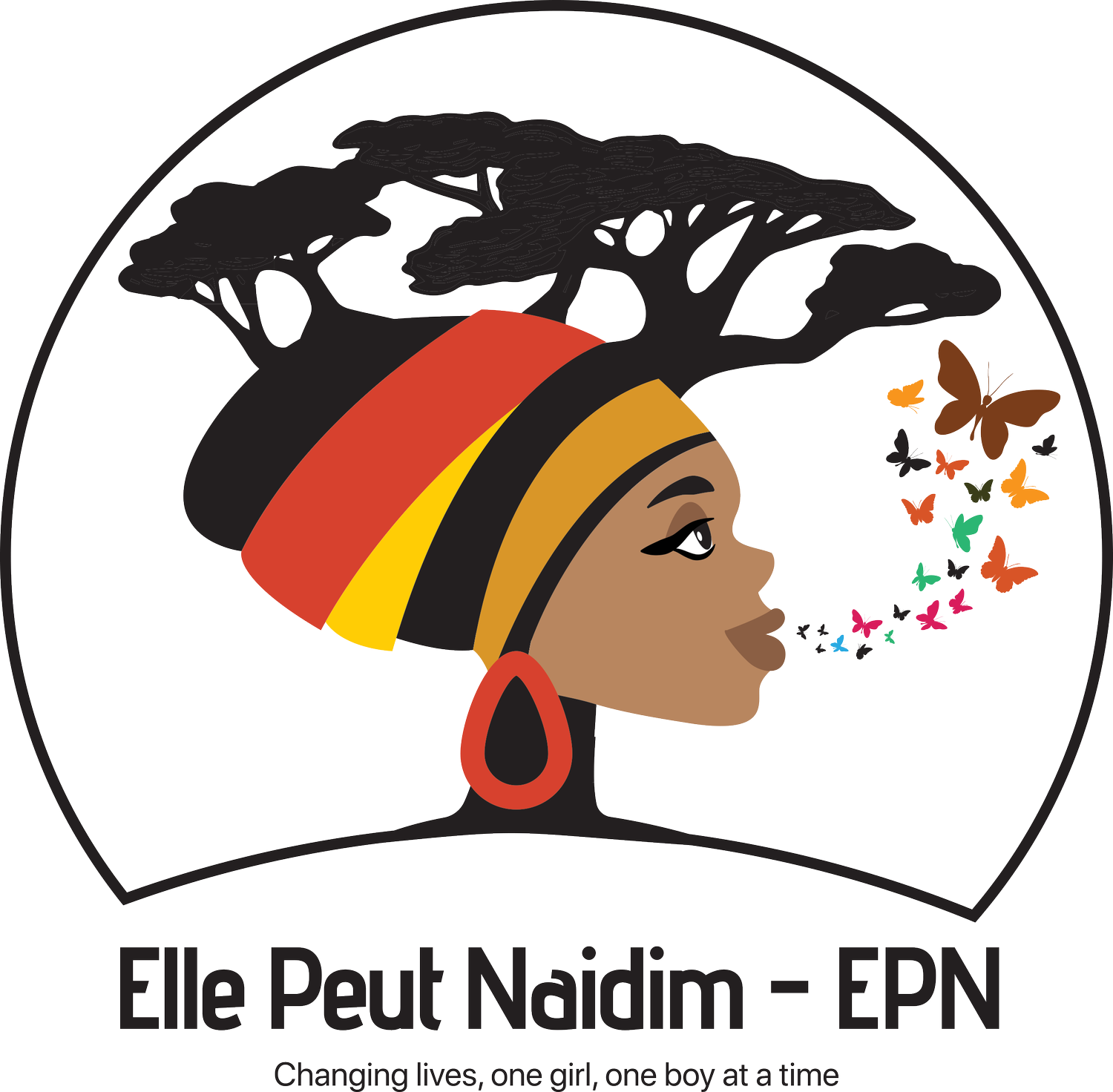
The Last Kilometre Program
Mentorship and Life Skills for Adolescents on the Toughest Stretch of Their Journey
The “last kilometer” is often the hardest part of the journey for adolescent girls and boys in Tanzania, we walk it with adolescents, guiding them past barriers like, Limited to no agency, social cultural norms, early marriage, gender-based violence, bullying, long distances to school, period stigma, and unaddressed mental health challenges can push students out of school before they reach their potential.
The Last Kilometer Program is our after-school mentorship and life skills club, walking with students through this critical stretch. Through personalized mentorship, self-awareness sessions, and gender-transformative safe spaces, we help adolescents build agency, stay in school, and pursue their dreams.
Program Highlights:
Life Skills & Mentorship: Students engage weekly in practical life skills, self-awareness, guidance, and resilience-building sessions.
Community Engagement: Parents, teachers, and local leaders are involved as allies, creating a support network that extends beyond the classroom.
Sustainable Clubs: Our three- and four-year models address challenges like social cultural norms, period poverty, peer pressure, and gender discrimination, helping students navigate obstacles and reach their full potential.

Impact:
Increased school retention and transitions
Girls and boys developing confidence, leadership, and agency
Boys becoming allies in gender equality
Communities embracing safe, inclusive educational environments
By the numbers, school dropout due to pregnancy remains high in Tanzania (42,944 students between 2021–2022, according to the Controller and Auditor General). Our program addresses the root causes, mentorship, self-awareness, life skills, and safe spaces ensuring students stay in school and thrive.
Why It Matters:
Every child deserves to reach their finish line. The Last Kilometer Program is more than a club, it’s a lifeline, guiding adolescents past the toughest challenges so no student is left behind.

